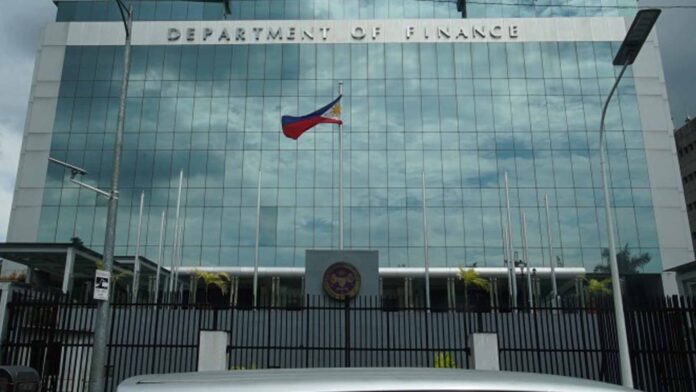The Department of Finance (DOF), which currently sits as chair of the Intergovernmental Group of Twenty-Four (G-24) Board of Governors, recently led the G-24 Technical Group Meetings (TGMs).
In a statement on Friday, the DOF said the technical meetings on Feb. 21 and 22, 2024 in Manila aim to tackle global challenges.
During the two-day TGMs, strategies to effectively address economic challenges including climate financing, changes in the global trade regime, domestic resource mobilization, and sovereign debt resolution, among others were discussed.
Formed in 1971, the G-24 helps coordinate the positions of developing countries on international monetary and development finance issues, as well as to ensure that their interests are adequately represented in negotiations on international development fora.
Discussed during the meetings, the group cited the need to establish sound macroeconomic fundamentals to cushion the global economy against shocks and the need for reform to make the global financial safety net more responsive to the needs of developing countries.
The group also cited the need to facilitate trade and zeroed in on issues on existing international tax architecture.
In terms of climate action and financing, the group called on international financial institutions to ramp up their efforts on leveraging their capital more effectively and improving the access and concessionality of financing instruments to help address existing financing gaps in developing countries for climate adaptation and mitigation initiatives.
The DOF said that during the panel discussion on sovereign debt resolution, it was noted that while progress has been made for countries that requested debt treatment under the G-20 Common Framework initiative, coordinated action toward restoring debt sustainability would need to consider mechanisms to resolve debt challenges in middle-income countries that are not eligible.
G-24 Director Iyabo Masha said the discussions will boost the work of the G-24 as they continue to collaborate and advance their commitments to the interest of the global south.
“Together, we can rise above the challenges, build resilience, and chart our course for a brighter future for our nations and our climate. I thank you all for participation,” Masha said.
Bureau of the Treasury Officer-in-Charge Sharon Almanza who acted as chair of the TGM sessions on behalf of Finance Secretary Ralph Recto, emphasized the importance of cooperation.
“While we recognize that there is not a one-size-fits-all solution to our development woes considering our countries’ unique contexts and situations, we acknowledge the importance of international cooperation in this interconnected world, of making our voices heard, and of ensuring that no one is left behind as we tackle global challenges and build our resilience moving forward,” she said.
Though originally named after the number of the founding member-states, the G-24 now has 29 members — Algeria, Argentina, Brazil, China, Colombia, Congo, Côte d’Ivoire, Ecuador, Egypt, Ethiopia, Gabon, Ghana, Guatemala, Haiti, India, Iran, Kenya, Lebanon, Mexico, Morocco, Nigeria, Pakistan, Peru, the Philippines, South Africa, Sri Lanka, Syria, Trinidad and Tobago, and Venezuela. (PNA)






